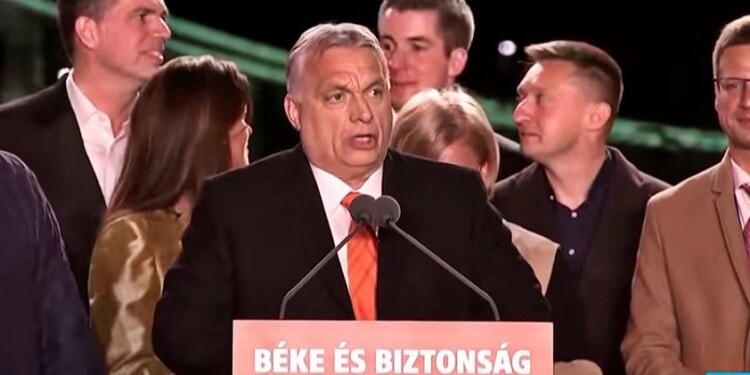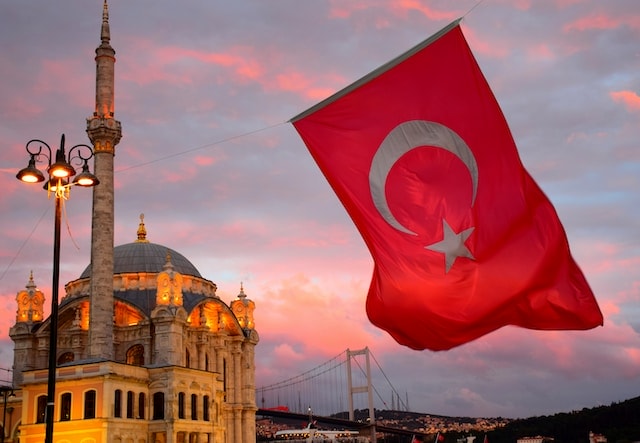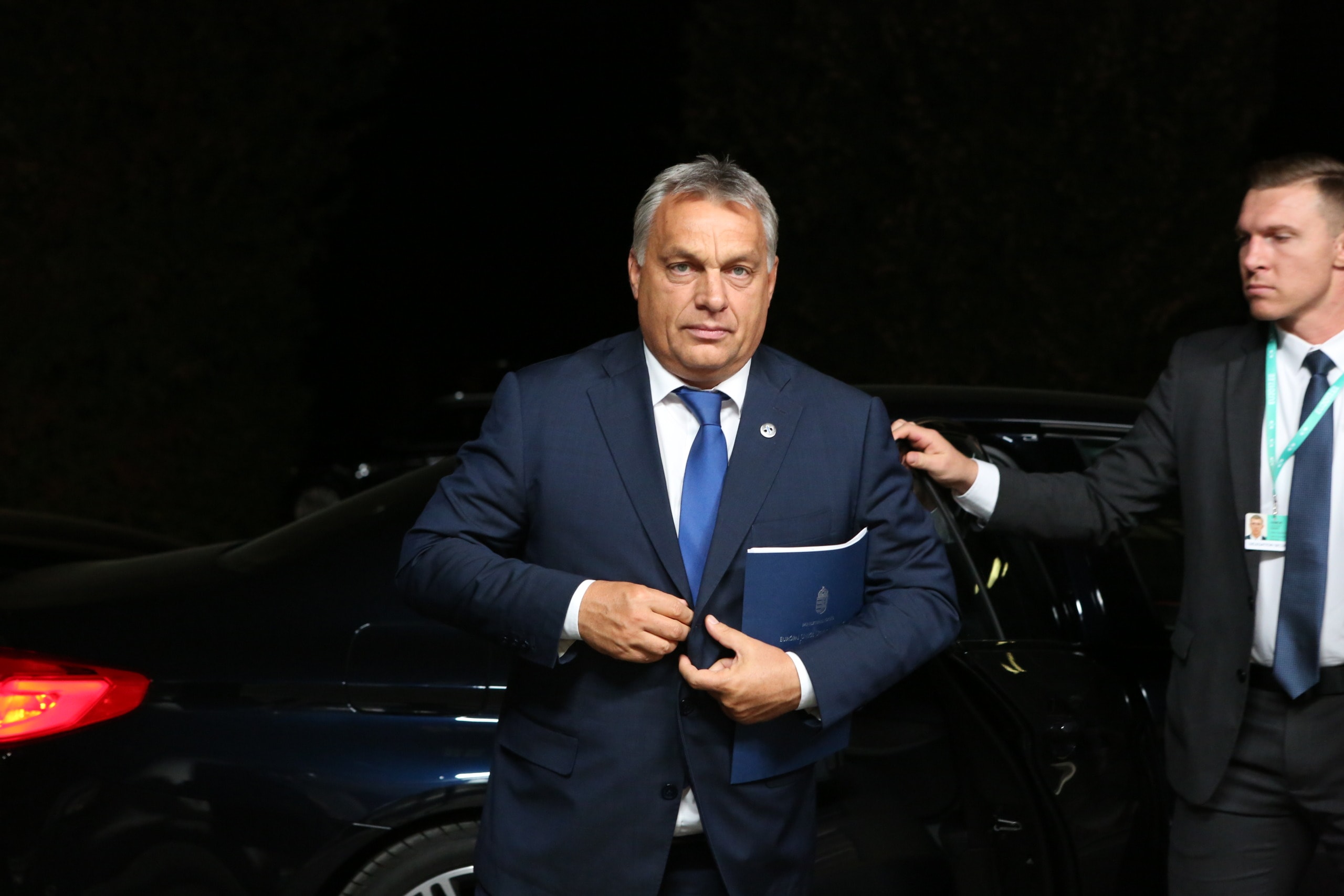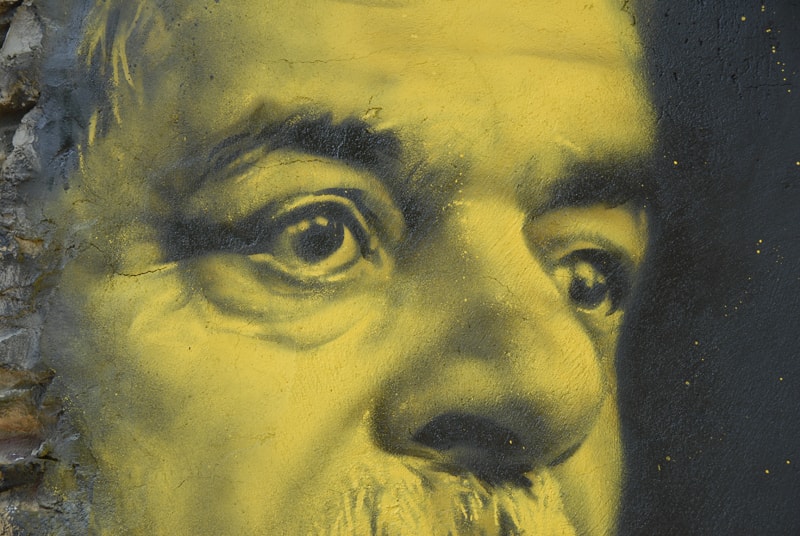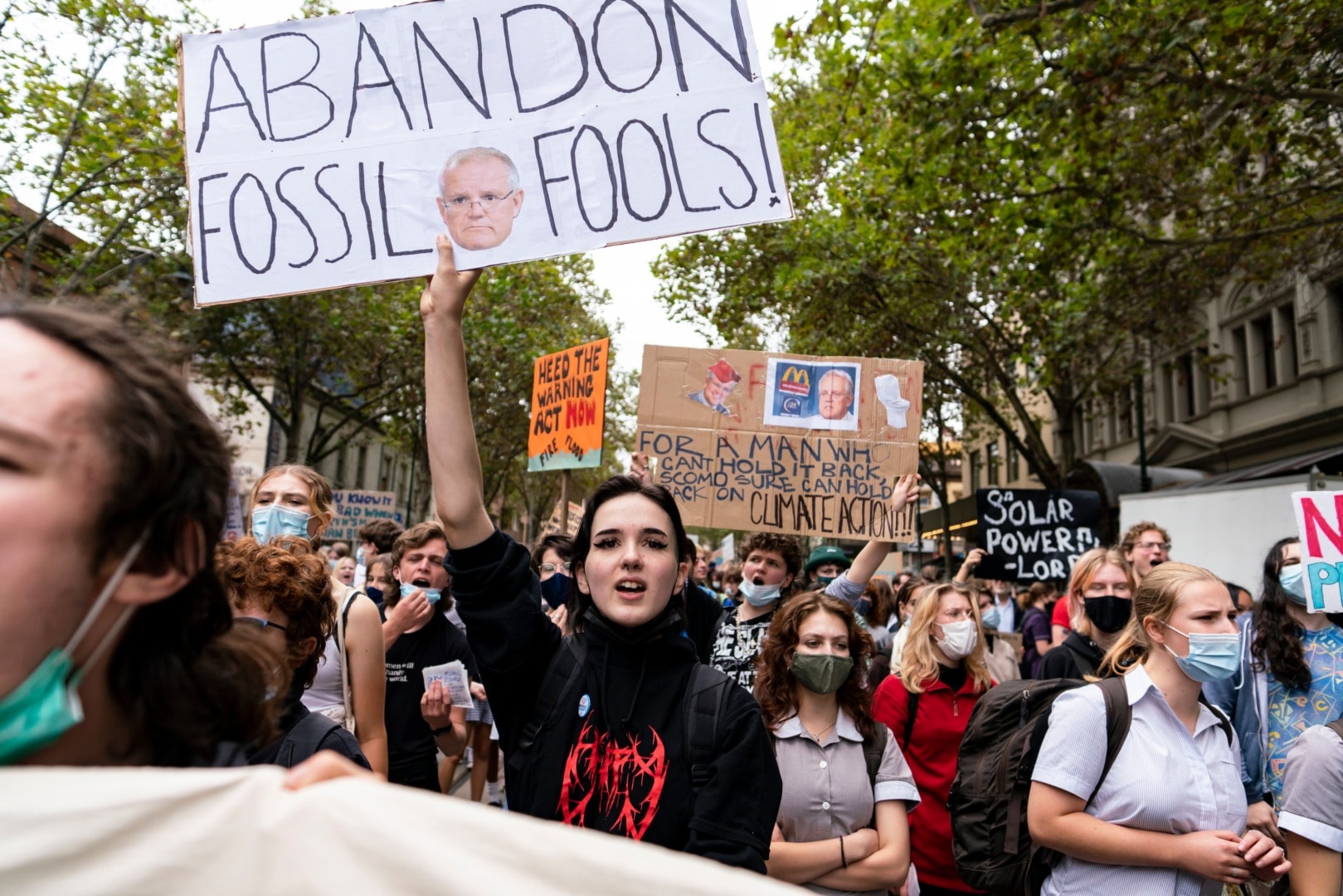Editor’s note: This is the first of two articles on the elections held in Hungary and Serbia Sunday.
Election results that confirm Viktor Orban in Hungary and Aleksandar Vucic in Serbia should come as no surprise. Both countries have long held close relations with Russia and their leaders have always been openly friendly with Putin.
Now that they have both, Orban and Vucic will face similar and difficult balancing acts in Europe as the Russia-Ukraine conflict shows no signs of early resolution.
Orban has continually courted Russia and China to the dismay and increasing annoyance of European Union leaders, with disputes ranging over everything from muzzling the media and disregarding rule of law and European Law supremacy to pushing off refugees, going so far as shamefully building a wall against them, cracking down on LGBTQ rights and allowing waves of corruption in his government and close entourage.
Vucic, although conservative and pro-Russian, has often tread a middle ground, trying (and often failing) to reconcile Serbia’s traditionally close allegiance with Russia with the country’s desire (at least in some quarters) to join the EU.
Moreover, the war in Ukraine provided Vucic with a pretext to redirect public opinion on other issues. People stopped listening to the opposition’s arguments regarding corruption allegations in Serbia and environmental issues following a wave of protests last year against pollution. Vucic condemned the invasion but stopped short of joining the Russian sanctions. His party’s initial campaign slogan that highlighted economic achievements was replaced with one that clearly referred to the Ukraine war: “Peace. Security. Vucic.”
Both leaders, according to Vuk Vuksanovic, a researcher at Belgrade Center for Security Policy, “ are playing the card of people’s psychological desire to have predictability in the age of uncertainty by portraying themselves as the guardians of stability in troubled times.”
In short, the war in Ukraine played in their hands as both cleverly presented themselves as protectors of the nation.
Results in Hungary: A clear win, another 4 years of isolation from Europe
Viktor Orban is back in full stride with 53 % of the votes, against 35% of the opposition led by Peter Marki-Zay – it turns out, the election wasn’t even close, it was a landslide. In his victory speech, Orban even called Ukraine’s President Zelensky one of the “opponents” he had to overcome during the campaign. He is the only EU leader to openly criticize Zelensky.
The Hungarian premier thus easily wins the fourth consecutive term and his party Fidesz has a two thirds majority in the Parliament. Perhaps just as worrying is the 6.5% obtained by “Our Motherland”, the far-right party of László Torokczai. Opponent Marki-Zai bitterly commented: “In this unjust system, we couldn’t do more.”
The opposition failed even though it had come together in a coordinated effort – pulling all 6 opposition parties together – to unseat Orban after nearly 12 years of Fidesz government. An erstwhile Orban friend and member of the European Parliament, Márton Gyöngyösi, vice president of Jobbik, the right-wing party that has for years been allied with Orban’s party, made an interesting comment, noting that with this victory, Hungary was increasingly alone in Europe and NATO, as “Now our only friends will be Serbia and Russia. Even the Visegrad countries and in particular Poland, a historic ally, have turned their backs on us.”
And, more worryingly, he revealed that for years, the Hungarian foreign ministry has been penetrated by Russian spies: “It means that for years, the documents, the secrets we share with the EU and NATO have ended up in Putin’s hands. A tragedy”.
Orban’s victory, beyond his clever manipulation of people’s fears of the Ukraine-Russia conflict, is explained by three fundamental factors that make it well-nigh impossible to hold a fair, democratic election in Hungary:
(1) an electoral law that makes it almost impossible to beat Orban: To win a majority of the seats, the opposition would have had to overcome Fidesz by 5-6 six points; moreover any election result is muddied by suspected fraud – including the scandal of completed Hungarian ballots that were discarded and burnt found in Romania – and the police have attributed it to the opposition. “We hope our victory does not depend on these votes, as they could cause a constitutional crisis,” warned Marki-Zay;
(2) a muzzled media, with over 500 media outlets in the hands of Fidesz;
(3) populist economic policies that cushion economic shocks through varying combinations of lowering taxes and providing subsidies – policies that are expensive but most certainly win votes.
It should be noted regarding the third point above, that Hungary can afford such expansive policies in large part thanks to fund transfers it obtains from the EU, But those funds, now that the elections are over, are likely to dry up as the EU Commission should be set to resume its actions against Hungary in retaliation for disregarding the rule of law and European Law supremacy, one of the basic tenets of the European Union.
The vote was monitored by observers from the OSCE, a core team of 14 experts from 11 countries plus 200 short-term observers, the largest deployment of election monitoring ever done. And their results were not good: They raised objections, finding that “ a number of key aspects fall short of international standards. Election day passed peacefully, with observers assessing the process as well-organized, orderly, and smooth. At the same time, the secrecy of the vote was often compromised, particularly in overcrowded polling stations.”
In short, Hungary did not live up to the EU democratic standards, and now time is up. The EU Commission will have to move against Hungary, suspending the transfer of post-covid economic assistance funds. But other measures should also be considered, in particular suspending Hungary’s veto power in European instances. When a democracy demonstrably does not function, as confirmed by the OSCE observers, that country’s veto power in EU institutions is clearly compromised: It no longer reflects the will of the people but merely the wishes of an autocrat – in this case, Orban. And he must be stopped.
Editor’s Note: The opinions expressed here by Impakter.com columnists are their own, not those of Impakter.com In the featured photo: A victorious Orban


